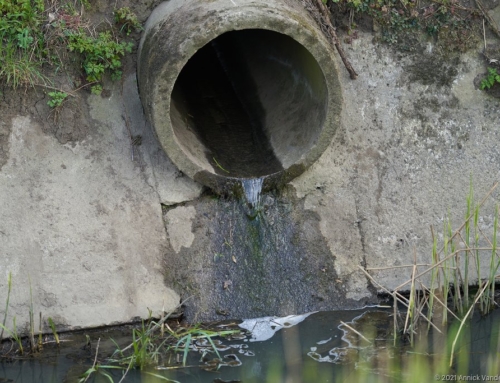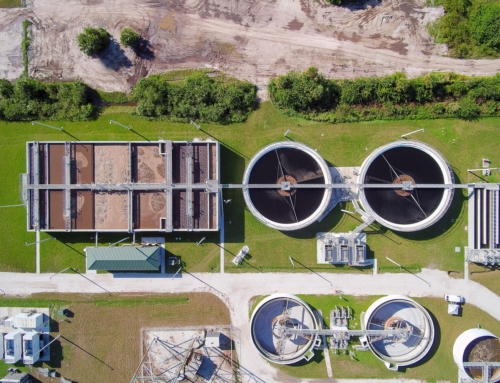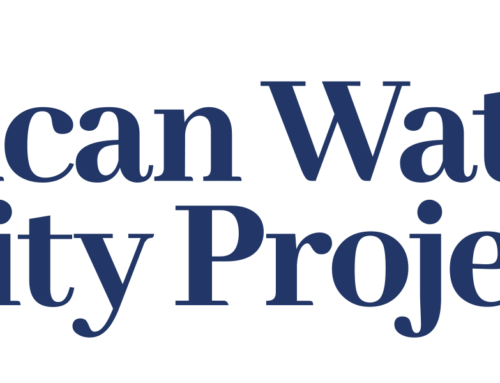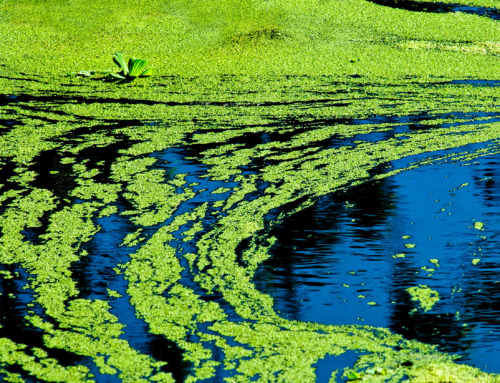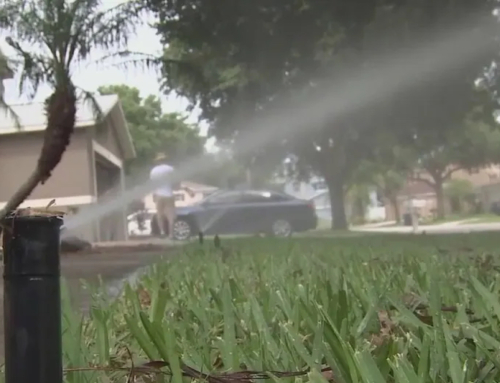 |
|
| FOR IMMEDIATE RELEASE | Contact: Terry Gibson, American Water Security Project |
| Phone: (772) 285-7683 | |
| Email: tgibson@awsproject.org | |
Fl Senate Appropriations Committee Approves Landmark Water Bill
AWSP applauds strong policy/record funding for policies to clean waterways
[St Petersburg, Florida, February 21, 2020] — Senator Debbie Mayfield (R-Indialantic) introduced a last-minute set of amendments that improved the comprehensive “Clean Waterways Act” water policy bill, Senate Bill 712. The Clean Waterways Act is designed to reduce urban and rural pollution sources and water extraction issues statewide. In particular, the improvements demonstrated a commitment from the Florida legislature to improve water quality that is contributing to degradation of water resources and harmful algal blooms.
“The Clean Waterways Act provides the FDEP with a regulatory roadmap to reduce urban and rural point and non-point source nutrient pollution and improve the quality of water resources throughout the State of Florida,” said AWSP Science Director, Dr. Peter Barile.
Importantly, the bill strengthens FDEPs mandate to regulate local wastewater utilities in urban and rural settings.
“This Clean Waterways Act would deter municipally-owned utilities from raiding revenues and savings that should be dedicated to wastewater infrastructure repairs and upgrades,” said Dr. Brandon Shuler, AWSP Executive Director. “Using those funds for other projects is a statewide problem, but new reporting requirements and mandatory maintenance and improvement plans would encourage cities such as St. Petersburg, Fort Lauderdale, and Jacksonville to spend money on projects that improves treatment and reduces spills while preparing them for larger volumes of sewage due to growth.”
The Clean Waterways Act also transfers the regulatory authority of septic tank permitting from the Dept. of Health to the Dept. of Environmental Protection, the agency directly responsible for reducing nutrient pollution. And, it creates a wastewater grant program that would allocate funds for significant septic-to-sewer upgrades, and other improvements of existing infrastructure around the state. The Senate also provided a separate grant funding opportunity for improving wastewater infrastructure in rural areas of the state.
“Septic tanks have destroyed the Indian River Lagoon’s habitats, water quality and fisheries. They are also one the aquaculture industry’s greatest threats. All over the state, we are growth limited by coastal nutrient enrichment and pathogens from upland sources such as septic tanks,” said Dr. Nicole Kirchoff, an AWSP Science Advisory Panel member and owner of Live Advantage Bait, which raises a forage fish called a “pinfish” for sale to bait shops along the Indian River Lagoon.
Additionally, appropriations packages proffered by the House and Senate provide funding for additional DEP personnel to enforce non-point pollution sources.
“DEP Secretary Noah Valenstein assured the Senate Appropriations Committee that thanks to generous appropriations FDEP will have the capacity to implement sweeping changes,” said Terry Gibson, AWSP Government Affairs Director. “Between the funding for DEP salaries, and the massive sums proposed in the House and Senate appropriations bills for key projects, we are confident that Secretary Valenstein has what he needs to reduce wastewater pollution and other pollution sources around the state.”
Though the House and Senate appropriations bills haven’t yet been reconciled, about $500 million will likely be appropriated for wastewater-related projects, the number for stormwater improvements is only slightly lower, and the funding for Everglades Restoration is $650 million. These numbers represent funding at record levels.
“We now call on House State Affairs Committee Chairman, the honorable Blaise Ingoglia, to agenda the House companion bill (HB 1343),” said Kirk Mantay, AWSP Chair and an expert in habitat and water quality restoration policy, design, and construction. “Time is running out to get the bill through the committee stops, reconcile the bills, and get them to floor.”
Many Florida legislators deserve credit for thoughtful work on this bill. Thank you all. In particular, AWSP sends our profound gratitude to Senator Debbie Mayfield, (R-Vero Beach), for her leadership in drafting this comprehensive water resources conservation bill. As Agriculture & Environment Appropriations Committee Chair, Senator Mayfield has done a yeoman’s job of writing legislation that would course-correct wastewater and stormwater management in Florida, among other issues.
For more information, visit www.awsproject.org
The American Water Security Project is a coalition of business leaders, scientists, engineers, policy experts, outdoor enthusiasts, conservation advocates, and thought leaders working to promote the urgent need for wastewater infrastructure upgrades to protect waters and water bodies around the country. The coalition educates on the negative effects of wastewater spills and dumps to residents, businesses and tourism, communicates the social and ecological values of proper wastewater treatment and advocates for remedies to correct the deficiencies. The American Water Security Project is a registered 501(c)3.
###
If you would like more information about this topic, please call Terry Gibson at (772) 285-7683, or email tgibson@awsproject.org.

